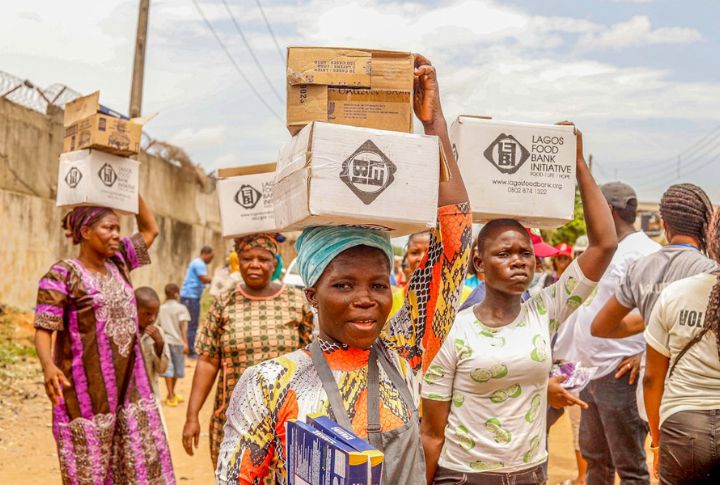
Let’s be honest: the “strong” label can feel more like a trap than a compliment. It tells Black women to push through pain and smile through struggle, but never crack. That expectation gets heavy fast. The problem isn’t lack of strength; it’s being forced to prove it nonstop. Here’s what that does.
The Myth Of The “Strong Black Woman”
For years, strength among Black women was defined by how much they could carry. Society applauded tireless independence yet ignored the exhaustion beneath it. More women are now rejecting that burden by embracing rest and softness as an act of defiance against a culture that once equated worth with overwork.
Self-Worth Measured By Productivity
Somewhere along the way, output became an identity that defined a Black woman. Each accomplishment felt like borrowed permission to exist, never quite enough to justify pausing. Yet burnout teaches what society won’t: value lives in being human, not productive machines.
Emotional Labor As An Unpaid Expectation
Behind many strong teams and families stands a Black woman quietly managing everyone’s emotions. Years of inherited expectations taught her that peace depends on her patience. The tide is changing—caring deeply no longer requires exhaustion, and rest is beginning to count as kindness too.
Perfectionism As A Shield Against Stereotypes
Perfectionism usually starts as protection, born from knowing the world won’t always offer grace. The constant proving becomes a habit, each achievement a shield against judgment. After years of running on that fuel, exhaustion settles in, and the realization dawns that softness can be power too.
Mistaking Endurance For Empowerment

Pushing through pain got labeled as power within the black communities, but nobody questioned the damage underneath. Generations watched Black women carry impossible weights while applauding the performance instead of asking why it existed. Choosing rest over relentless productivity? Now that’s revolutionary.
Neglecting Mental Health To Uphold Image
The “strong Black woman” myth discourages seeking mental health support, framing vulnerability as weakness. Fear of judgment leads many Black women to suppress struggles, exacerbating stress. By openly discussing mental health and supporting one another through therapy and safe spaces, Black women are challenging stigma and prioritizing emotional well-being.
Confusing Self-Sacrifice With Love
Many Black women have been quietly conditioned to prove love through exhaustion. Such an expectation to constantly give feels noble until it empties the soul. Over the years, that cycle breeds fatigue disguised as strength. True connection flourishes only where care moves both ways, not one.
Success Defined My Survival
Old narratives taught women in the black communities that persistence alone defined success. Sacrificing oneself became an expected form of love and loyalty. With growing awareness, many are unlearning that conditioning. The new ambition isn’t to prove resilience, but to live fully, and to find joy untouched by struggle.
Romanticizing Hustle Culture
Society sometimes applauds Black women for “doing it all,” yet rarely asks at what cost. Overwork became a badge of honor and masks fatigue beneath polished strength. True freedom begins the moment rest stops feeling like rebellion and starts feeling like a basic right long overdue.
Equating Independence With Isolation
What if independence has been misdefined all along? For many Black women, it became a shield against disappointment and dependence. Yet isolation steals the very strength it claims to protect. Community restores what self-protection erodes and reminds everyone that wholeness, not hardness, is the truest victory.

